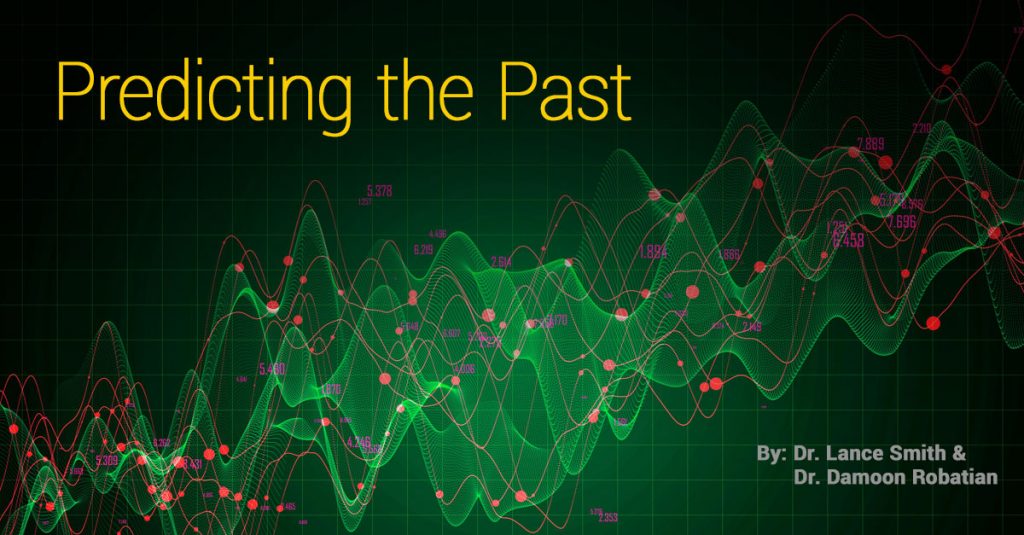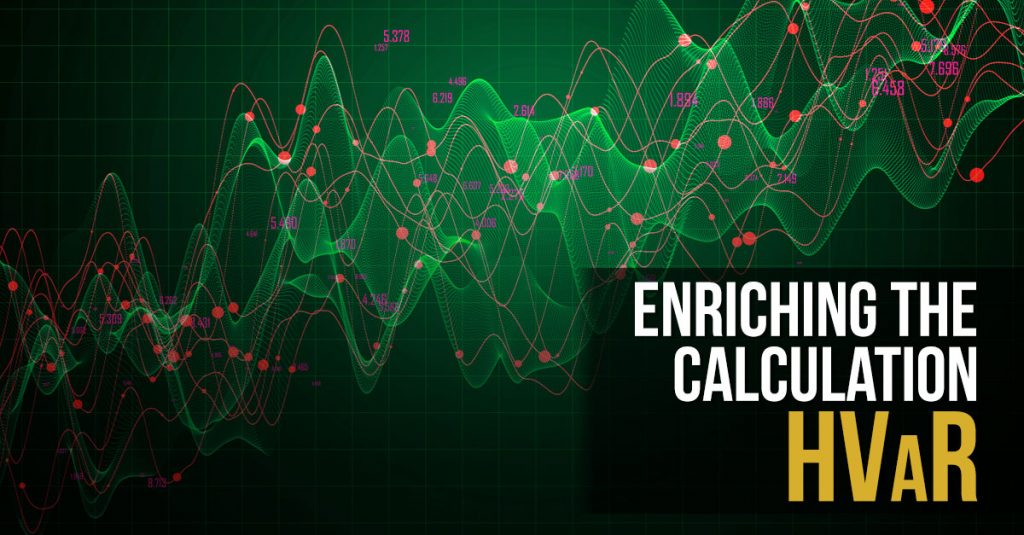News
Real-Time Risk: The 60-Second Rule
Real-Time Risk: The 60-Second Rule
21 May 2013:
The CFTC’s 60-second rule requires Futures Commission Merchants to accept or reject a trade within 1 minute, meaning they must run analytics against client portfolios in near real time to determine if they exceed some risk threshold. But that represents a dramatic change for FCMs, which typically have run their risk calculations in nightly batches, says Steven Harrison, President and COO of TS Imagine. Harrison and TABB Group partner Alex Tabb discuss the operational and technical challenges to — and benefits of — performing real-time risk analysis, as well as the shortcomings of the 60-second rule itself.
Related News

Warning: Undefined variable $postId in /home/kraus/samplesite2/wp-content/themes/imaginesoftware/page-templates/part-newsentry.php on line 70
/ Risk Management
White Paper:
Predicting the Past
Historical VaR (HVaR) has become a standard measurement of risk. Many firms now require a full twelve years of prices (plus data from further back such as the Great Recession of 2008–2009). However, this requirement introduces a conundrum: what do we do when a company has not been around for a full twelve years?

Warning: Undefined variable $postId in /home/kraus/samplesite2/wp-content/themes/imaginesoftware/page-templates/part-newsentry.php on line 70
/ Risk Management
Chartis RiskTech BuySide 50 report: TS Imagine wins Technology and Techniques Category
TS Imagine is proud to announce that we have been ranked no 1 in the Technology and Techniques category by Chartis Research in the Chartis RiskTech Buyside 50 report.

Warning: Undefined variable $postId in /home/kraus/samplesite2/wp-content/themes/imaginesoftware/page-templates/part-newsentry.php on line 70
/ Risk Management
Enriching the HVaR Calculation:
Predicting the Past:
HVaR, By Dr Lance Smith, Chief Strategy Officer, TS Imagine Historical VaR (HVaR) has become a standard measurement of risk, in which a current portfolio is subjected to the market conditions of a prior day and the resulting P&L is recorded. Read entire article here.

